
Why Are Graduation Dresses White A Look at the Meaning Behind the Tradition
White graduation dresses never blend into the background. They speak before a word is said. They catch the light, mark the moment, and carry the kind of symbolism that lives far beyond the ceremony. But the question rises louder every year—why are graduation dresses white?
To most, the choice seems automatic, but when you stop and look deeper, you uncover a long-standing custom woven into cultural ideals, historical significance, and social evolution. This tradition does not exist by accident. It's a mirror of values, expectations, and identity. It is not just about the color—it’s about what the color represents.

Where the White Graduation Dress Originates
Why white dresses for graduation? This choice first finds its footing in the 19th century. During that era, purity, femininity, and societal roles form a backdrop for nearly every public event, and graduation becomes no exception. Female graduates wear white not just to look unified, but to reflect ideals of grace, discipline, and modesty.
Over time, what begins as a social code becomes a national trend. Schools across the country hold the look, and establish it as the unofficial uniform for graduation day. The visual becomes so familiar that many students begin to ask—do graduation dresses have to be white? While the answer today is more flexible than it once was, tradition still holds weight.
Why White Dresses Still Dominate Graduation Ceremonies
White is not just a neutral. It carries meaning. For many, it represents the end of one chapter and the beginning of another. That’s why so many ask—are graduation dresses supposed to be white?
Graduation is not just a walk across a stage. It's a rite of passage, and in many cultures, white signals a clean slate, a fresh beginning. That emotional connection to the color makes it a beautiful symbol, especially for girls graduating from high school or college. Why do girls wear white dresses for graduation? Because they want to feel that this day matters—that it is not just a moment, but a milestone.
Does Graduation Dress Have to Be White Today?
While tradition continues to speak loud and clear, choice now has a voice too. Do you have to wear a white dress for graduation? No. But does it still feel like the standard for many? Yes. Students, especially girls, often feel an invisible pull to choose white—even if no rule says they must.
The pull isn’t just peer pressure—it’s the influence of media, Instagram feeds, Pinterest boards, and years of yearbook pages showing row after row of white-clad graduates. So while you’re not told you have to wear white, the question becomes are you supposed to wear a white dress for graduation? The answer lives somewhere between tradition and personal preference.

Why White Dress for Graduation Feels So Right
White has always carried a kind of emotional prestige. Think about weddings, baptisms, and now graduations. The day marks a transition. A shift. A before and after. In that moment, white speaks to the purity of the journey ahead and the pride of having arrived this far. That’s why white dress for graduation becomes more than a fashion decision.
It’s an emotional cue. It tells family members, friends, and future employers that this individual has passed an important test—academically and personally. The fabric says what the person might not be able to—"I made it, and I’m ready for what’s next."
The White Graduation Dress Tradition
When you explore the white dress graduation tradition, you begin to see that it has never just been about aesthetics. It is a quiet nod to the past, a respectful pause in the present, and a hopeful glance toward the future. The white dress doesn’t speak loudly, but it carries the weight of time, culture, and symbolism.
Is it traditional to wear a white dress for graduation? Yes. But more than that, it is cultural shorthand. It creates visual unity among a sea of individuals, each with their own journey but collectively stepping into what’s next.
Challenging the Tradition Without Dismissing It
Now more than ever, students push back against dated customs. They ask critical questions—why white graduation dress? Does white include everyone? Does it reflect every identity, every story, every student’s truth? The answer is complex. For some, white feels empowering. For others, it feels limiting. The point, however, is that the conversation is alive.
That’s the power of tradition—it can evolve. The expectation to wear white is no longer a demand. It is a choice, and that choice becomes part of the statement. Some still lean into the white graduation dress tradition with open arms. Others walk proudly in color, pattern, or something uniquely theirs. Both paths honor the moment.

Why White Dresses Still Fill Graduation Racks
Walk into FDS or scroll through any graduation collection, and you’ll see it—rows of ivory, snow, pearl, gold , blue , and cream. FDS doesn’t create culture, but it does follow it. That’s why stores continue to stock white as the first choice for graduation wear. Supply meets demand.
As a retailer FDS knows the question why do girls wear white dresses for graduation still echoes loudly in the minds of students and their families. They know that year after year, search engines fill with queries like does graduation dress have to be white or why white dresses for graduation. The answers, though evolving, still drive people to the same racks.
Media, Memories, and White Dresses
Beyond stores and schools, the pressure to choose white comes from places you might not expect. Movies, Instagram influencers, even vintage graduation photos in family albums—all contribute to the idea that a graduation dress should be white.
It’s not just about fitting in. It’s about preserving a memory in a way that feels "right." Students ask themselves—are you supposed to wear a white dress for graduation—because they imagine looking back at photos and wanting them to reflect the mood of the day: light, bright, celebratory. In that sense, white becomes the color of memory as much as tradition.
Is White Still the Right Choice?
So, do you have to wear a white dress for graduation? Not at all. But why white graduation dress continues to dominate comes down to emotion, not obligation. For many, white feels right because it captures the balance of elegance, simplicity, and symbolic meaning that graduation deserves.
Still, the modern graduate makes her own rules. Some lean into the tradition. Others choose vibrant colors or even pantsuits. What matters most is that the choice feels true to the individual. Graduation is personal. The dress should be too.

White as a Blank Canvas: The Metaphor Behind the Fabric
Look closely at a white dress and you’ll see more than fabric—you’ll see a metaphor. White doesn’t tell you what to feel. It doesn’t scream for attention. It waits quietly, letting the moment color it with meaning. That’s why white dresses for graduation endure. They’re simple, yet powerful. Empty, yet full.
They allow each graduate to fill the space with their own story, their own triumphs, their own goals for the road ahead. And that’s something no trend or fashion rule can ever replace.
Final Thoughts
Tradition doesn’t disappear. It transforms. It learns to share space with individuality, and in that harmony, a new meaning is born. Whether a student wears white because she loves the symbolism, or because she simply likes the way it looks—her choice carries weight.
And when she walks across that stage, the dress—white or not—marks a beginning she will never forget.





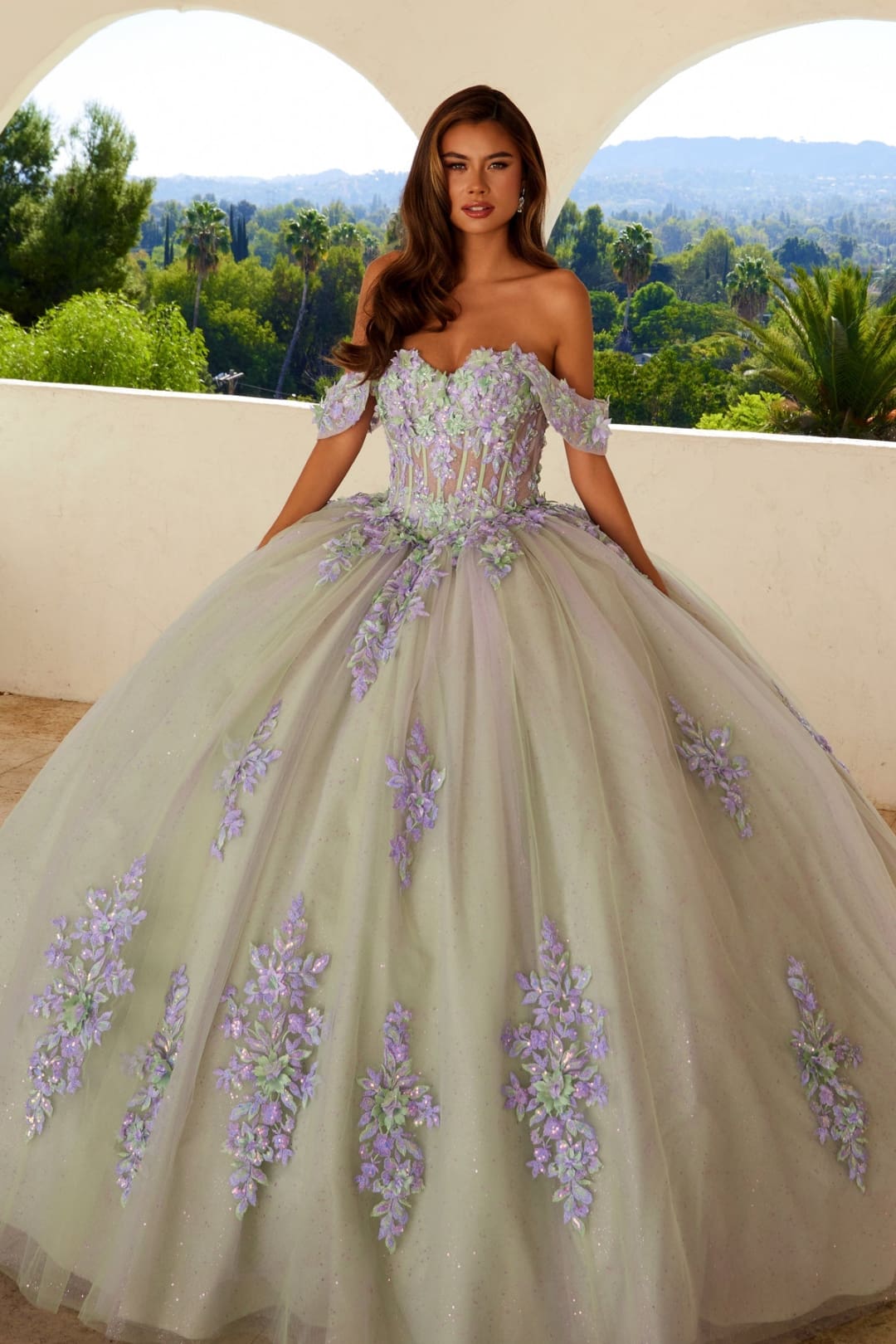





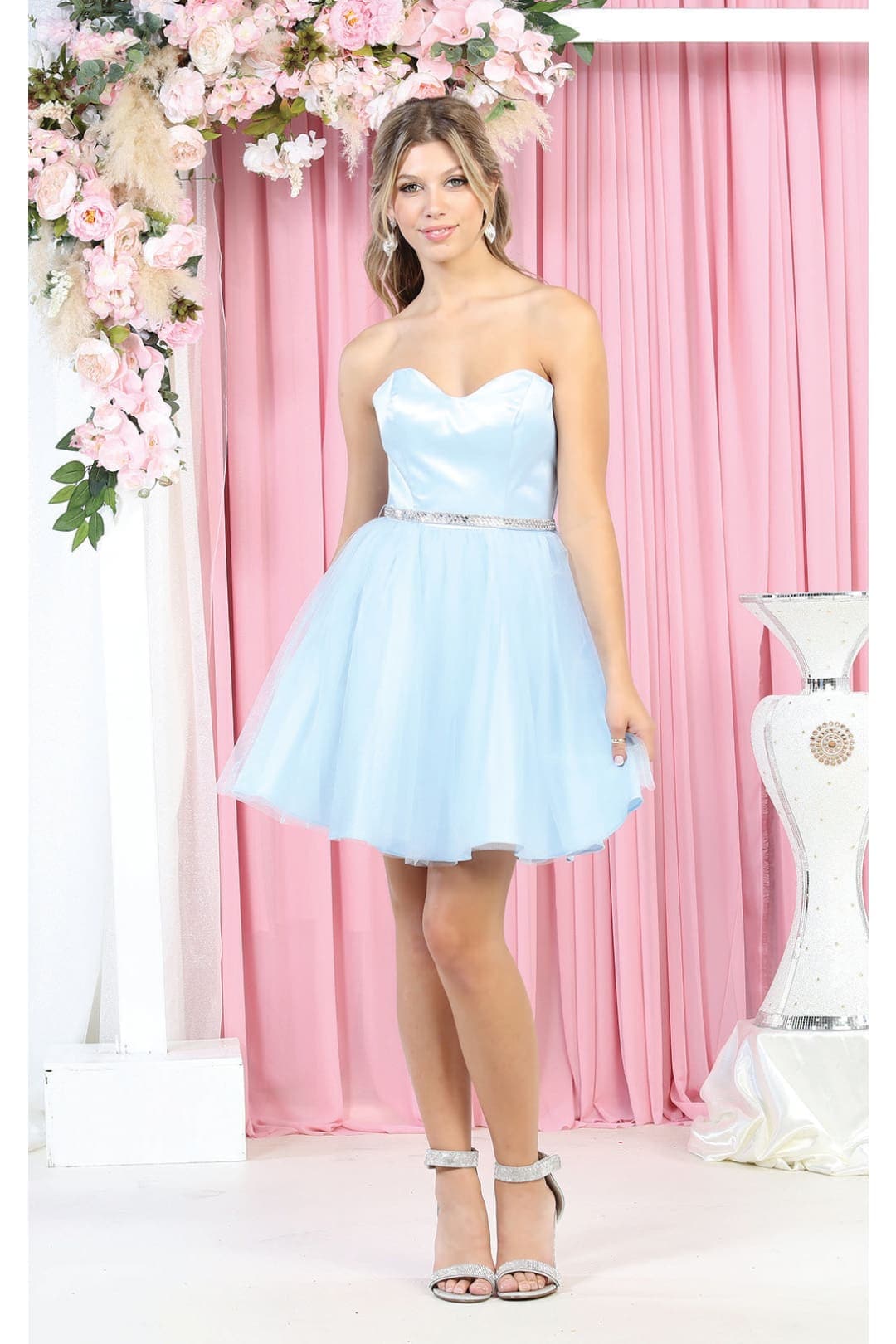




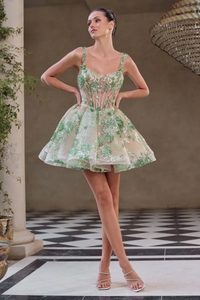



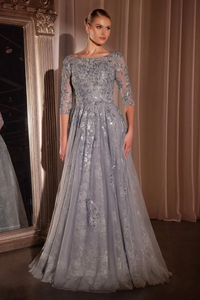

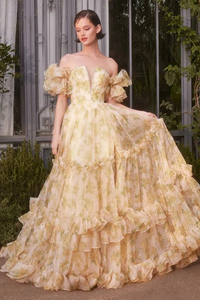
Leave a comment
This site is protected by hCaptcha and the hCaptcha Privacy Policy and Terms of Service apply.